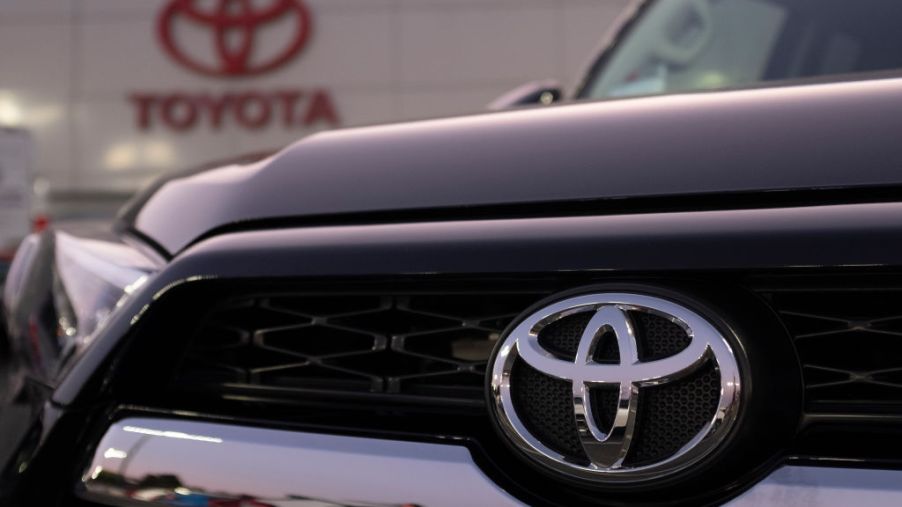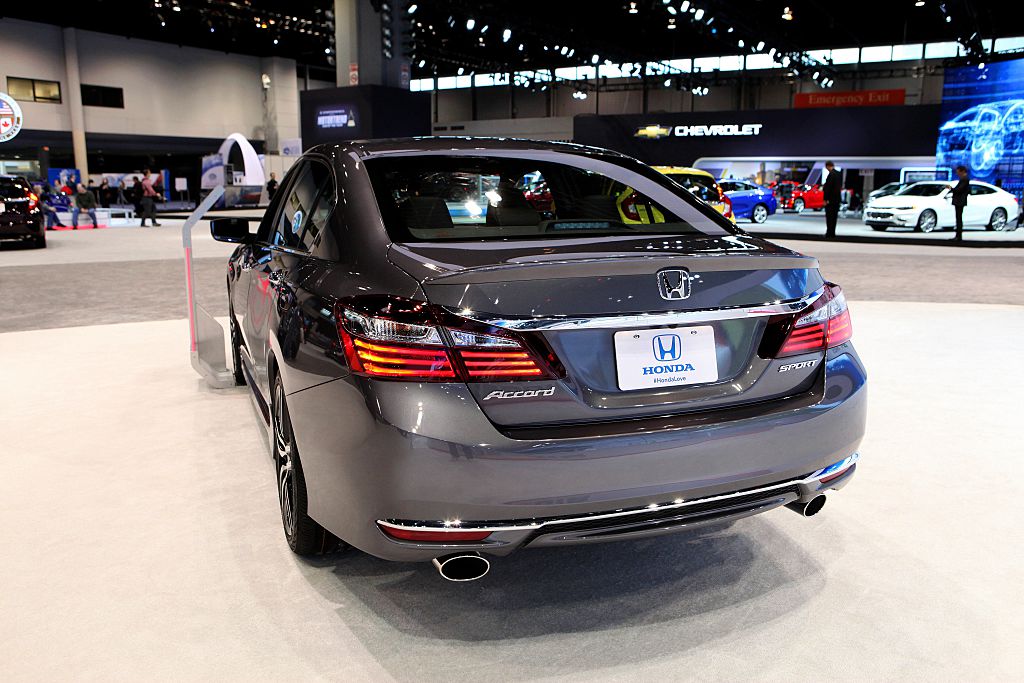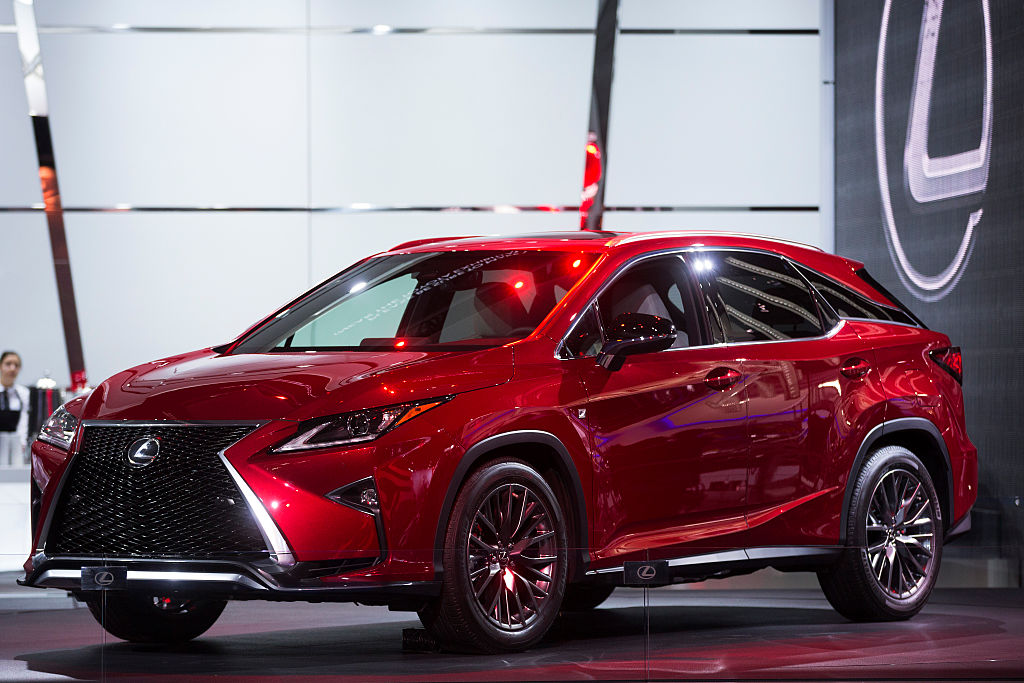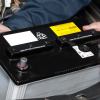
Are Japanese Cars Really More Reliable?
When shopping for a new or used car, in addition to having a car fit your specific needs and budget, it’s important to factor in its reliability ratings. For decades, Japanese cars have always been widely known for their renowned reliability, not only from Japanese-car owners but also from automotive sources such as Consumer Reports and J.D. Power. Some of the German, Korean, and American brands are making their products more reliable year after year, but are Japanese cars really more reliable than the rest?
What makes a car “reliable?”
A car’s reliability is typically dictated by the number of repairs a car needs in a given year, or perhaps over the span of ownership. While the term carries a wide interpretation, depending on who you ask, a car that is deemed “reliable” is typically one that lacks multiple and repetitive breakdowns or repairs, while cars that are unreliable are typically in constant need of repair.

The proof is in the numbers
When conducting research on cars, Consumer Reports is a great resource to use not only for their car reviews but also for their rankings. Among all of the categories that they rank cars on, reliability is among the most important as they detail the car’s rankings from previous and also show comparison to other cars in the same category. Every year, they put out a list of brands that they have found to be the most reliable and this year’s article tells a likely story.
According to Consumers Reports’ recent rankings, the top three automakers that scored the highest as far as reliability were Lexus, Toyota, and Mazda. And the “most reliable” cars were the Lexus IS, Mazda MX-5, and the Toyota Corolla Hatchback, which each scored an 81, 77, and 77 respectively. In case you’re wondering, Porsche came in fourth place followed by Genesis. So it’s clear that the Korean and German brands aren’t too far off from having some of the most reliable cars on the market, however, it looks like the Japanese brands are still on top.

Can any car be reliable?
Technically speaking, any car can be reliable or unreliable depending on how it is maintained. We have seen a Ford Super Duty truck that has lasted a million miles and there have been Honda and Acura models, like the 1999-2003 TL and the 1999-2003 Odyssey, that needed transmission replacements constantly due to blocked oil passages and failed torque converters. Whether it’s from the manufacturer due to user error, a car’s foreseen reliability is technically always a crapshoot.
However, if you’re planning to buy a new or used vehicle, it looks like Japanese cars like Toyota and Lexus are still currently your best bet. And in case you’re wondering, Honda came in 12th place on the Consumer Reports list as it was surprisingly beat by Kia and Mini. So if perhaps you would rather venture away from the mainstream Japanese brands, then you do have options. But either way, the Japanese brands still lead the pack in terms of reliability, but as technology advances and the Korean and American brands play catch-up, it can all change in a matter of a few years from now.



